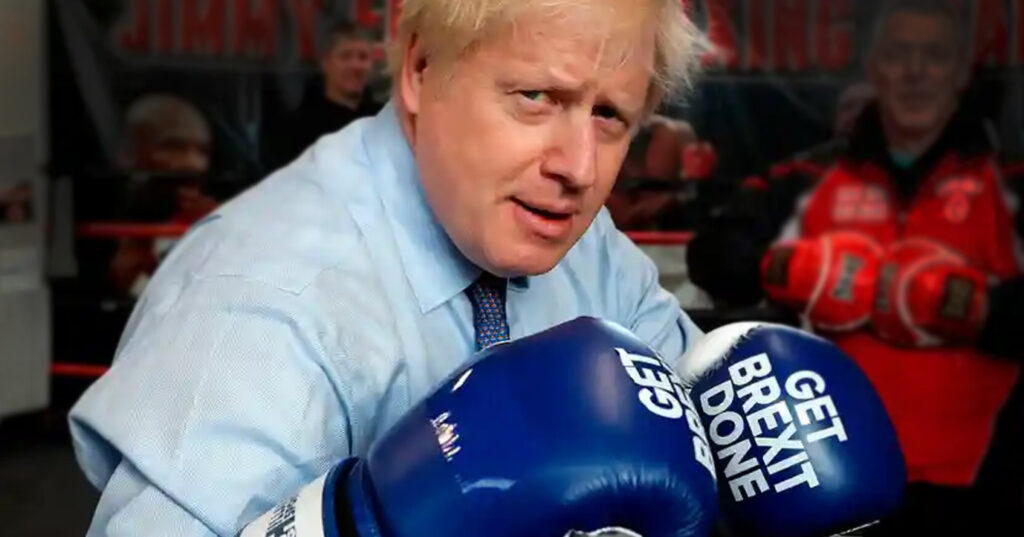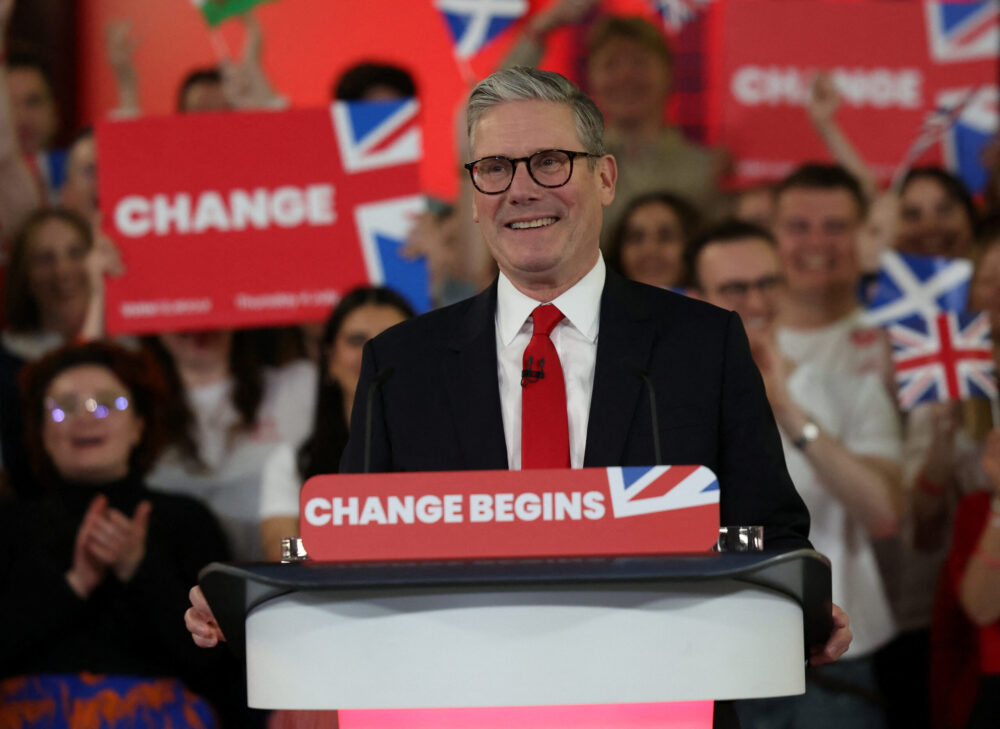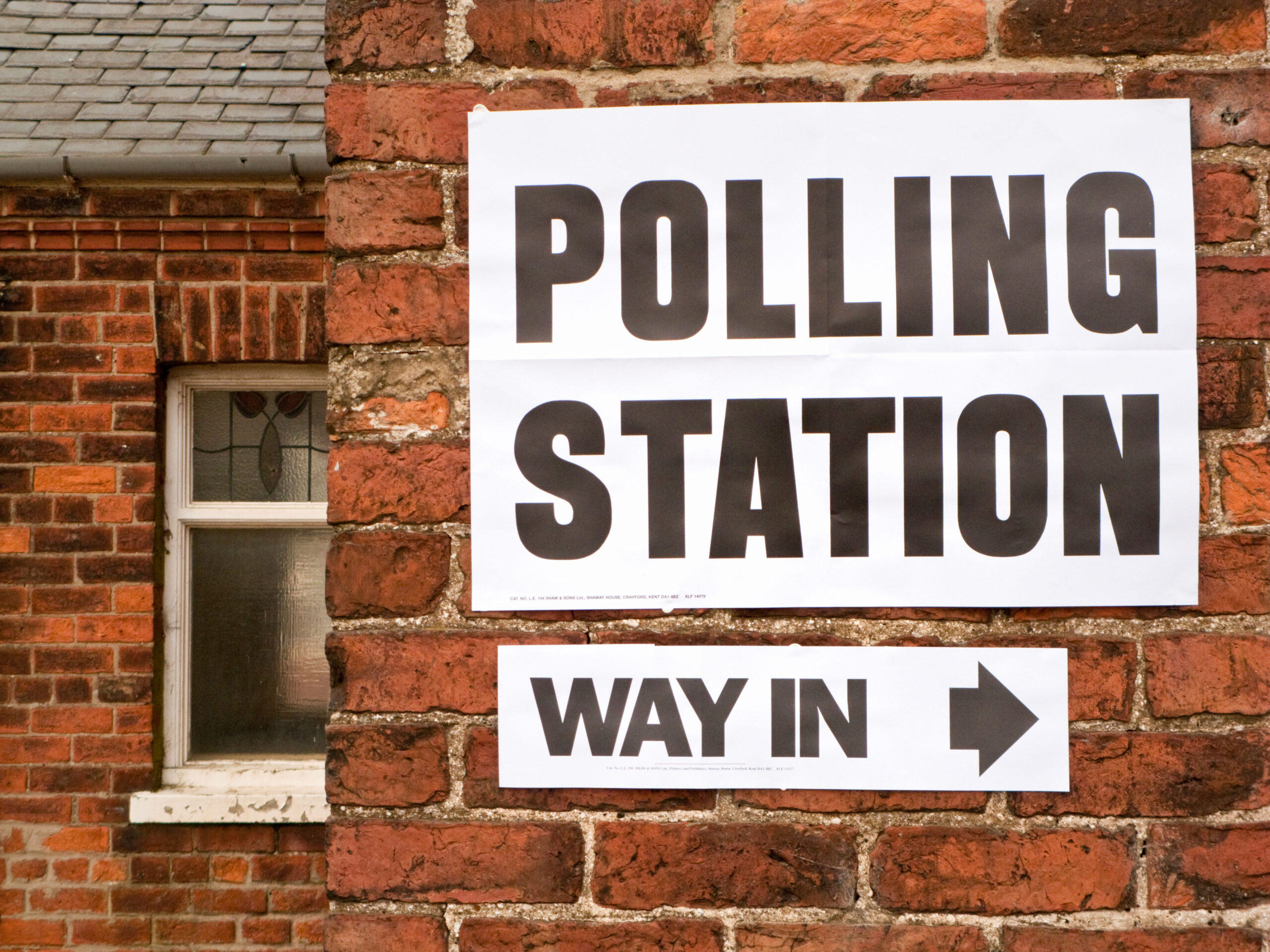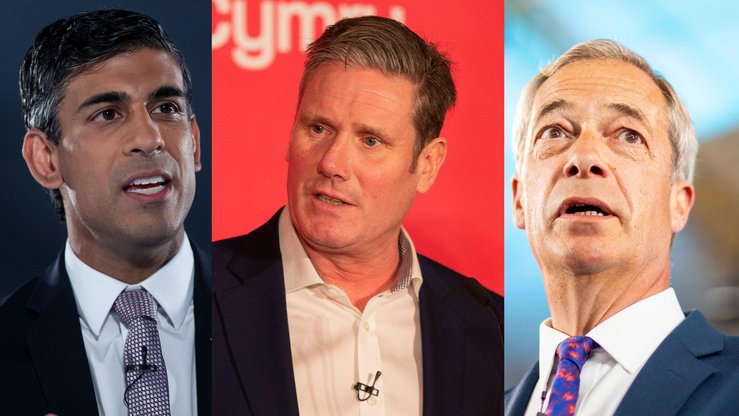
As the story about Jennifer Arcuri rumbles on, people in quiet corners here in Manchester occasionally ask each other if she will spell real trouble for Boris Johnson. To which the answer seems to be, why this one in particular? The surrounding allegations about the PM’s behaviour towards women – heavily denied, it should be noted – have merged with complaints about his supposedly inflammatory use of language into a narrative about his fitness for office. All this has a familiar ring about it. The sense of déjà vu comes from the early months of the Trump presidency, when his opponents would latch on to each new story about his personal conduct in the hope that surely now his supporters would realise their terrible mistake. Unmoved, Trump voters had long since decided that they could tolerate his foibles as the price of getting things done: “we didn’t elect him to be a saint, we elected him to be a leader,” as one memorably told us during my US research.
I suspect something similar is happening here. It was fashionable for a while for Boris-sceptics to dismiss him as a British Trump – an idea later adopted enthusiastically by the President himself. But one of the striking things in my research over the last few weeks was that those making the comparison were increasingly likely to mean it in a good way. In different locations we heard: “He’s kind of like Trump – he’s going to make some changes and make things happen.” And in response to someone who disliked the similarity: “But Trump is doing what he said he’d do, he’s making his country rich again. You’re not going to like everything someone does.” Some felt the parallels might also pay dividends in our negotiations with the EU: “They’ve got us by the balls, frankly. It’s like Trump. If they think he’s lunatic enough to leave with no deal they might come up with something.”
*
Michael Gove was characteristically optimistic about the chances of securing a deal when talking to Iain Martin of the Times at a fringe meeting on Sunday, despite the hair-raising timetable. There would still be time to get the agreement through the House of Commons “if parliament is prepared to sit at weekends – and MPs have shown an amazing willingness to come back to parliament.” One reason for optimism was that there was no appetite in the EU to delay things any further. If “by some mischance” Jeremy Corbyn were to find himself in Number Ten, they would be negotiating with a Labour government demanding things the EU had never granted, like being in the customs union and having a say on trade deals despite being outside the EU, during which time the PM “would remain gnomically, elliptically uncertain about whether the deal he had negotiated was any good at all.”
*
Brisk business is being done at the conference bookstall, where it is nice to see Jacob’s Ladder, my biography of Jacob Rees-Mogg, in a prominent position. As well as sportingly coming along to the launch party last month, Jacob has very obligingly helped sales of the book by getting himself appointed to the Cabinet and reclining in a leisurely fashion on the front bench in the House of Commons, thereby commanding more attention than ninety-nine out of a hundred speeches made in the chamber. I have made it my ambition to write a new biography of someone in public life every year. Who should be next?
*
The right to protest has long been justly cherished as a hallowed tradition and sacred right in Britain, and the Conservative Conference always attracts its quorum of demonstrators. I can’t help thinking, though, that this year’s lot lack some of the verve of their recent counterparts, who have made their feelings noisily known on austerity, Brexit, and everything else. Maybe it’s the weather. Or does it signify a longer-term decline in the quality of popular debate? Either way, surely they could do better than T-shirts bearing the unimaginative legend “F*** OFF BORIS”? It’s a far cry from the Tolpuddle Martyrs.
*
Free speech has become something of a theme at the conference this year. As political commentator Alex Deane argued at an event organised by the Taxpayers’ Alliance, complaints from the offended were nothing new in Britain but they had become “industrialised, profitable, and can now employ the police as the paramilitary wing of The Guardian.” Toby Young recounted how, after he was appointed to the Office for Students last year, “offence archaeologists” had launched a concerted drive to have him removed, uncovering a Spectator article he had written in 1987, thirty-one years previously. If this was to be expected from the left, “I was expecting a bit more robustness on the part of the people who appointed me.”
Still, as Alex said, Conservatives should never seek to suppress other people’s expression when they are themselves maligned: “There is no more important time for us to defend free speech than when we ourselves are offended. We should mock the outrage bus, not get on it, let alone drive it.” Shipley MP Philip Davies, famous scourge of political correctness, had no truck with complaints about the Prime Minister’s colourful turns of phrase: “Good God, the House of Commons is boring enough as it is, without a campaign to make it even more boring.”


